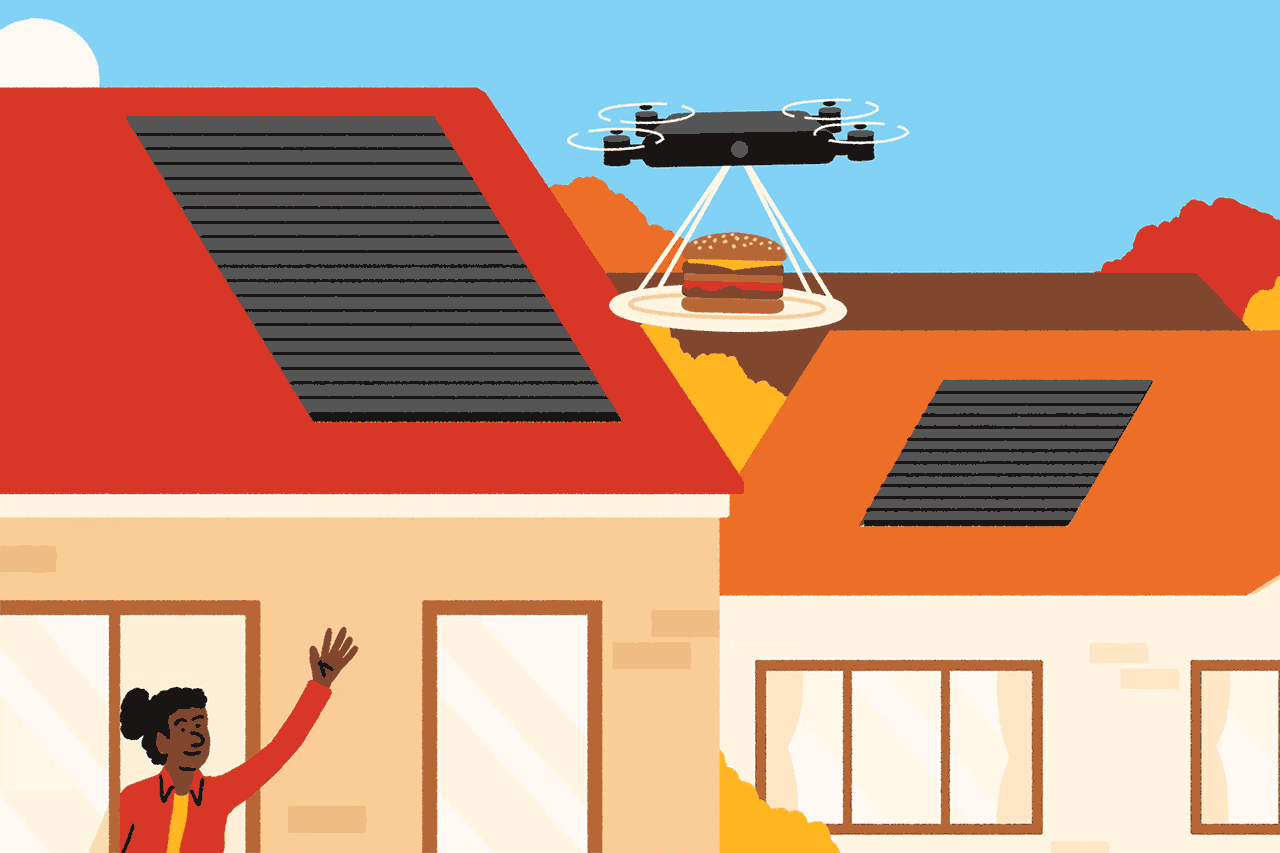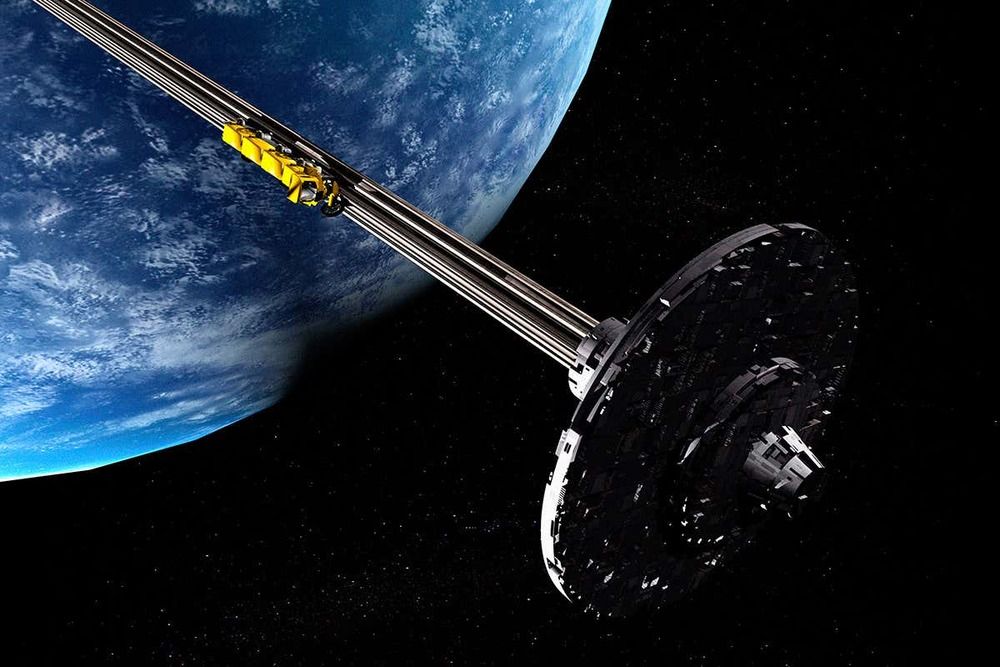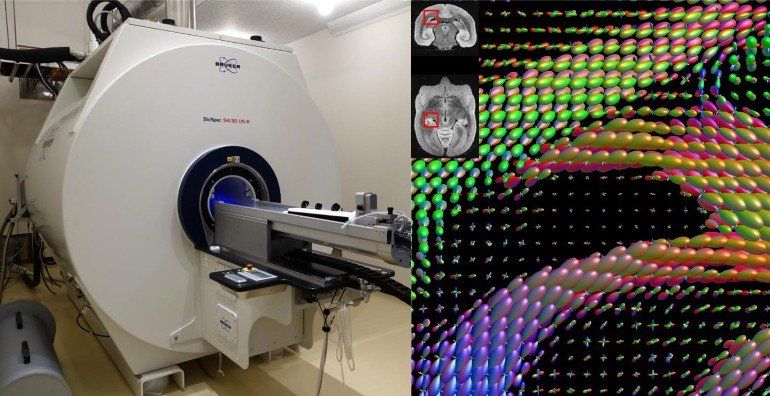The latest rescue took place last month, when sherriff’s deputies found a missing 93-year-old woman in a dark field in Missouri – using a DJI drone with a thermal imaging camera. That brings the total to more than 500 lives saved by drones, according to DJI’s project counting the lives that would have been lost without direct intervention of drone technology.
DJI began the project back in 2017 when they published a paper called “Lives Saved: A Survey of Drones in Action” which found that even back in 2016 – 2017, drones saved lives at the rate of nearly 1 per week. That first paper has evolved into the DJI Drone Rescue Map, which allows viewers to explore rescue incidents all over the world.
The project was started in response to bad press about drone technology. Research has shown that a negative drone event – even one that later is found to be inaccurate or untrue – averages more than 10x the publicity than a positive drone event. That’s a problem for a new industry struggling against negative public perception and fears over privacy issues and misuse of drone technology.









